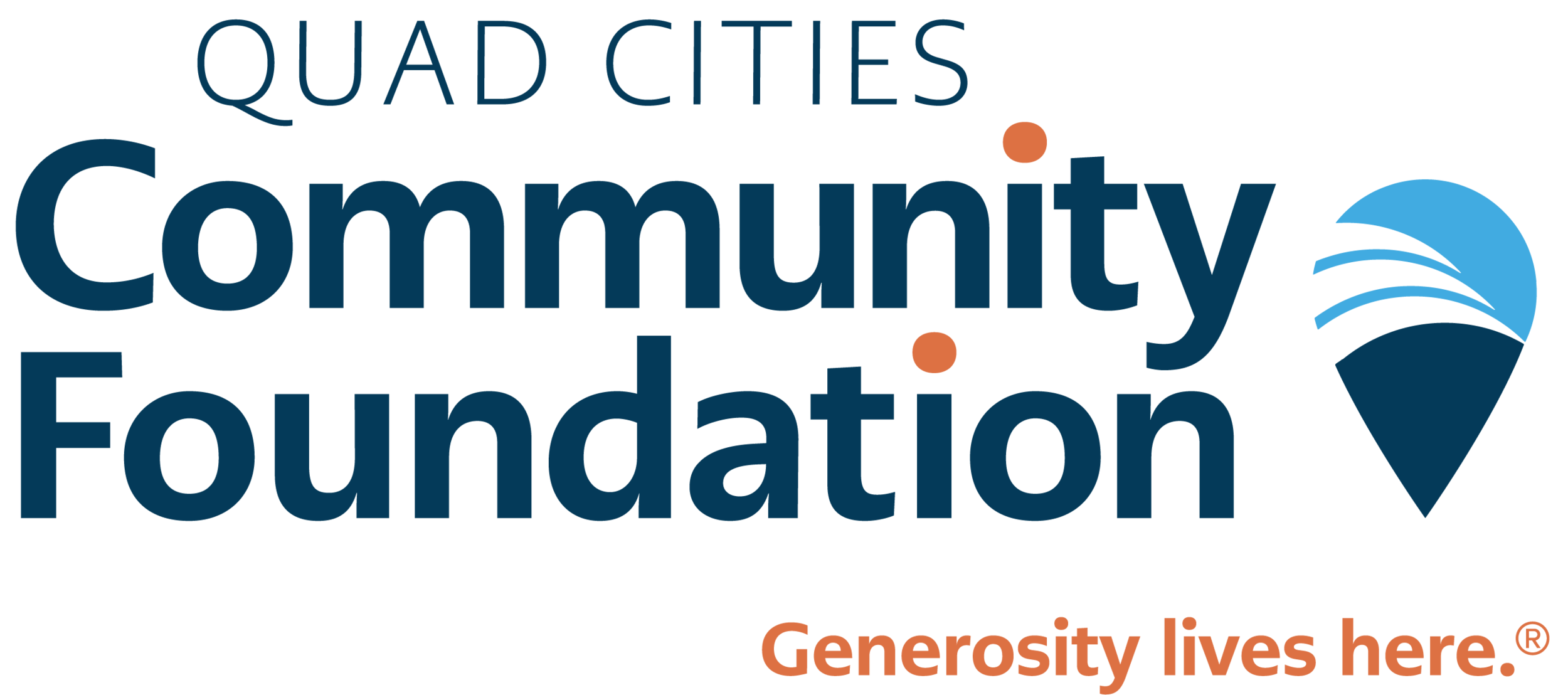A major step toward preventing homelessness
Humility Homes and Services, Inc. will now be able to house and ultimately better serve some of the most vulnerable people in our community, thanks to a Transformation Grant from the Quad Cities Community Foundation’s Community Impact Fund.
Humility was recently awarded a $100,000 grant from the Community Foundation to assist those who have experienced chronic homelessness, have a history of arrests, as well as people who’ve needed emergency treatment for a behavioral health disorder.
The grant comes at a crucial time for mitigating racial inequity in our community. According to the National Alliance to End Homelessness, African Americans represent 13% of the general population—but account for 40% of people experiencing homelessness. “Because of disparities in opportunity for people of color, they are disproportionately likely to experience homelessness. It’s important that we recognize the urgency of this matter and act accordingly. This grant gives us the opportunity to do so,” said Kelly Thompson, vice president of grantmaking and community initiatives.
The Ryan Foundation has since matched the Transformation Grant award dollar for dollar, which will allow Humility to rent housing units for 10 individuals, paving the way for a three-year period of stable funding. At any given time in the Quad Cities, 60 to 70 people are experiencing chronic homelessness; these 10 individuals make up a large proportion of the chronically homeless population. “We are so blessed to be able to do this for such a high-need population,” said Ashley Velez, Humility’s executive director. “This is a really bright light for staff, as they see the needs of these individuals every day.”
The grant will also allow Humility to continue working toward their five-year goal to end the need for the Quad Cities emergency winter overflow shelter. Thanks to the grant, 10 individuals who have been frequent users of non-housing systems, including jails, shelters, and emergency rooms, will be provided quality, affordable housing and appropriate services.
“We want to provide supportive housing that removes barriers to permanent housing and ensures these individuals have the stability they need,” said Ryan Bobst, Humility’s strategic initiatives and grants manager. “Their needs are among the most complex and the Transformation Grant helps us address those.”
A year ago, Humility kicked off a pilot project to encourage partnerships and investments from local city and county governments. Velez said this was an important step toward the prevention of homelessness. “We especially want to encourage people to invest in housing for individuals experiencing mental health issues,” she said. “When we focus on housing more holistically, the system fundamentally shifts from simply providing shelter, to preventing homelessness at large.”
Bobst mentioned that according to the Corporation for Supportive Housing, individuals who are chronically homeless cost non-housing systems nearly $1.8 million every three years. A $200,000 investment in housing is much more effective in the long run, as it reduces arrests and emergency treatment needs. “It’s better for individuals, and for the systems, to make room for those in need of community services,” Bobst said.
Annually, Humility serves nearly 1,400 individuals. Velez said that the Transformation Grant has allowed the organization to take a huge leap forward in their mission “Our area has been lacking affordable housing,” she said. “We’ve been stuck on a plateau for nearly 10 years—so this development is extremely exciting.”
Made possible by the overwhelming generosity of donors throughout the decades, the Community Impact Fund provides annual grant support for the most pressing needs and promising opportunities in the region.
